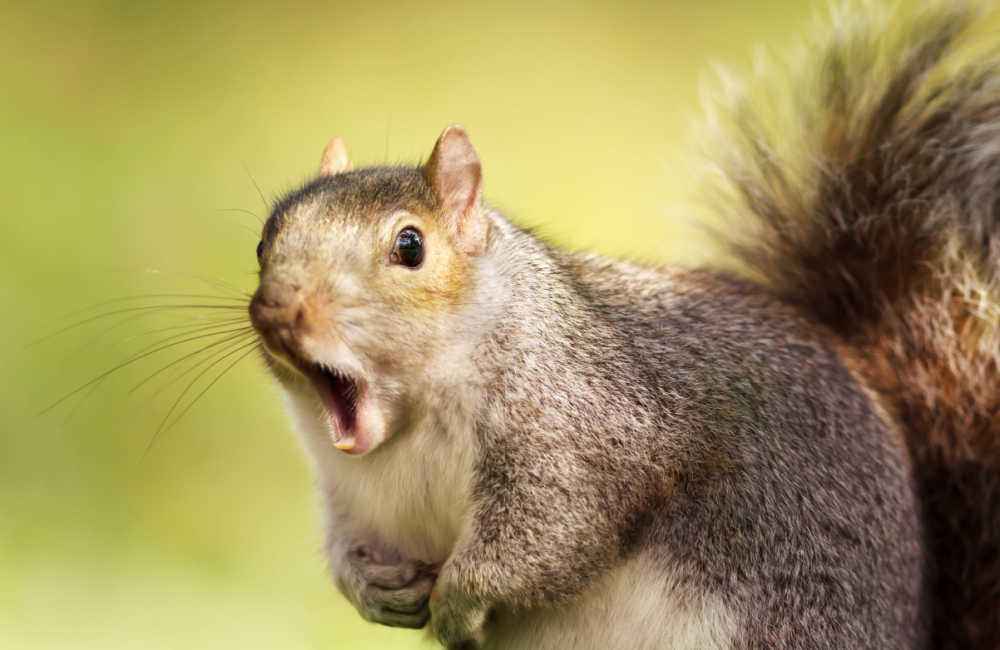Chinese Police Train Drug-Sniffing Squirrels
In some countries, authorities talk about repealing many drug laws and disengaging from a War of Drugs that never really worked, anyway. China is taking a different course. At least one Chinese city, Chongqing, is breaking out the drug-sniffing squirrels.
A police dog brigade there has reportedly trained a team of six squirrels to help them sniff out drugs, including cannabis, in hard-to-reach places at warehouses and storage units. This squirrel patrol will begin its work soon, according to a report from Insider.
The Chongqing police told a state media outlet in China that the drug-sniffing squirrels are useful because they can reach places that dogs cannot go. Police have trained the squirrels to scratch boxes with their claws to alert their handlers that they have detected drugs.
A video released on YouTube by Chinese government-funded People’s Daily supposedly shows the squirrels at work. It’s every bit as weird as it sounds.
Drug-Sniffing Squirrels Offer Many Advantages to Police
The first question most people might ask when it comes to drug-sniffing squirrels is, “Why?” Part of the answer is their size. Squirrels can get into the tiny crevices, nooks and crannies of a storage unit. Another part is that squirrels have a very sensitive nose.
“These squirrels have an acute sense of smell. But in the past, our training problems for small rodents was not developed enough to attempt a program like this,” Yin Jin, a police dog handler assigned to train the squirrel squad, told Chinese media, according to Insider.
He said that eventually the program evolved to train small rodents. He also said that the program may also expand to training other animals to sniff out drugs.
Squirrel Program Part of Zero Tolerance Approach
While much of the world has spent the last decade relaxing drug laws, particularly those involving marijuana, China maintains a zero tolerance policy. The drug-sniffing squirrel program is part of that approach.
The punishment for any type of drug use in China is severe. CNN reported that anyone found with more than 50 grams (1.76 ounces) of a controlled substance can face the death penalty in China. CNN also quoted Liu Yuejin, deputy director of the China National Narcotics Control Commission, as blaming cannabis legalization in parts of the United States and all of Canada for increasing the use of marijuana in China.
Even so, who could have seen drug-sniffing squirrels coming? While this appears to be a first when it comes to finding drugs, Insider points out that animals and even insects have been used to find explosives in the past. This includes a Pentagon-backed study to use bees to detect explosives and the use of rats in Cambodia to help disposal squads find buried bombs.
It’s also not the first recent story about cannabis and rodents. In late 2022, police in India reported that rats ate more than 400 pounds of cannabis in a police warehouse. Studies have also shown that rats seem to like eating cannabis.




